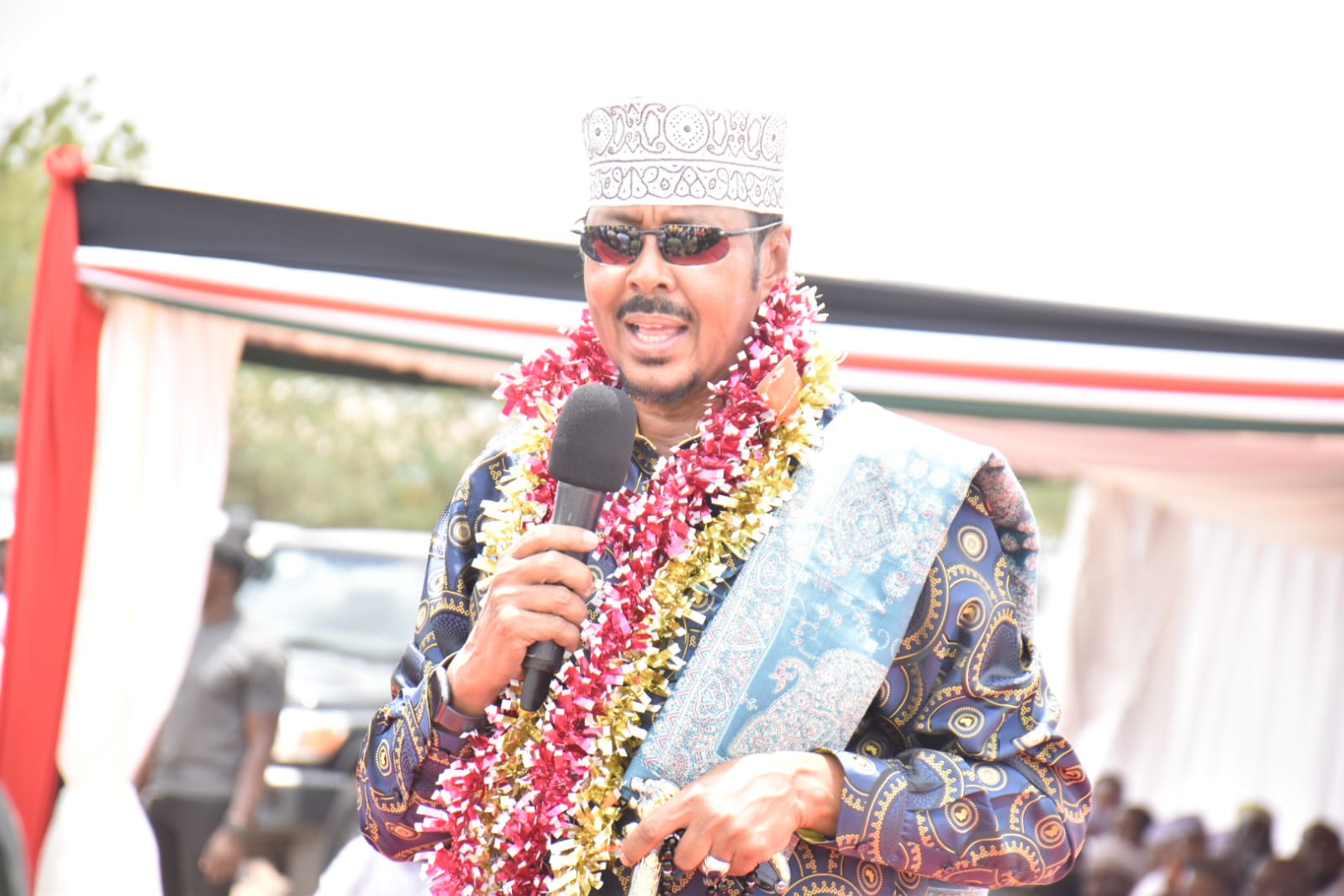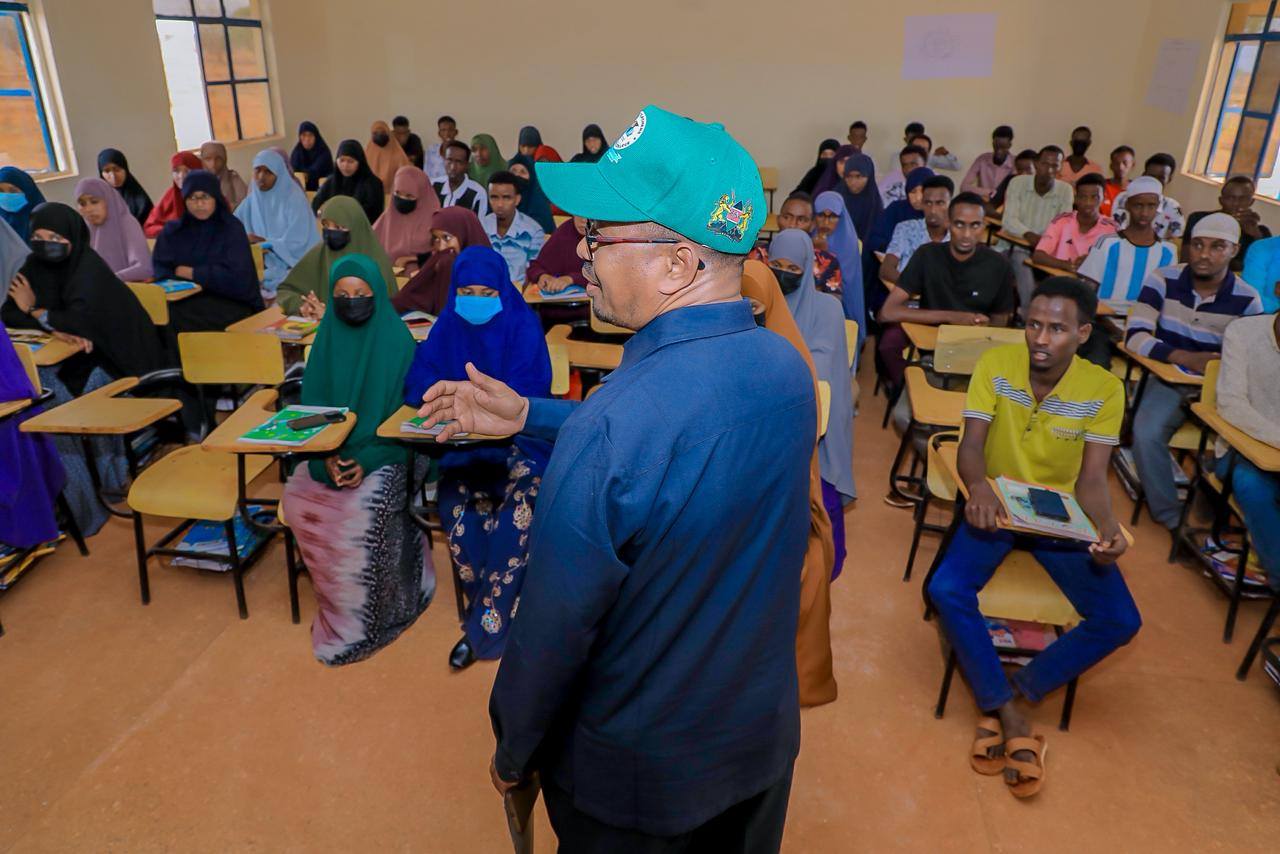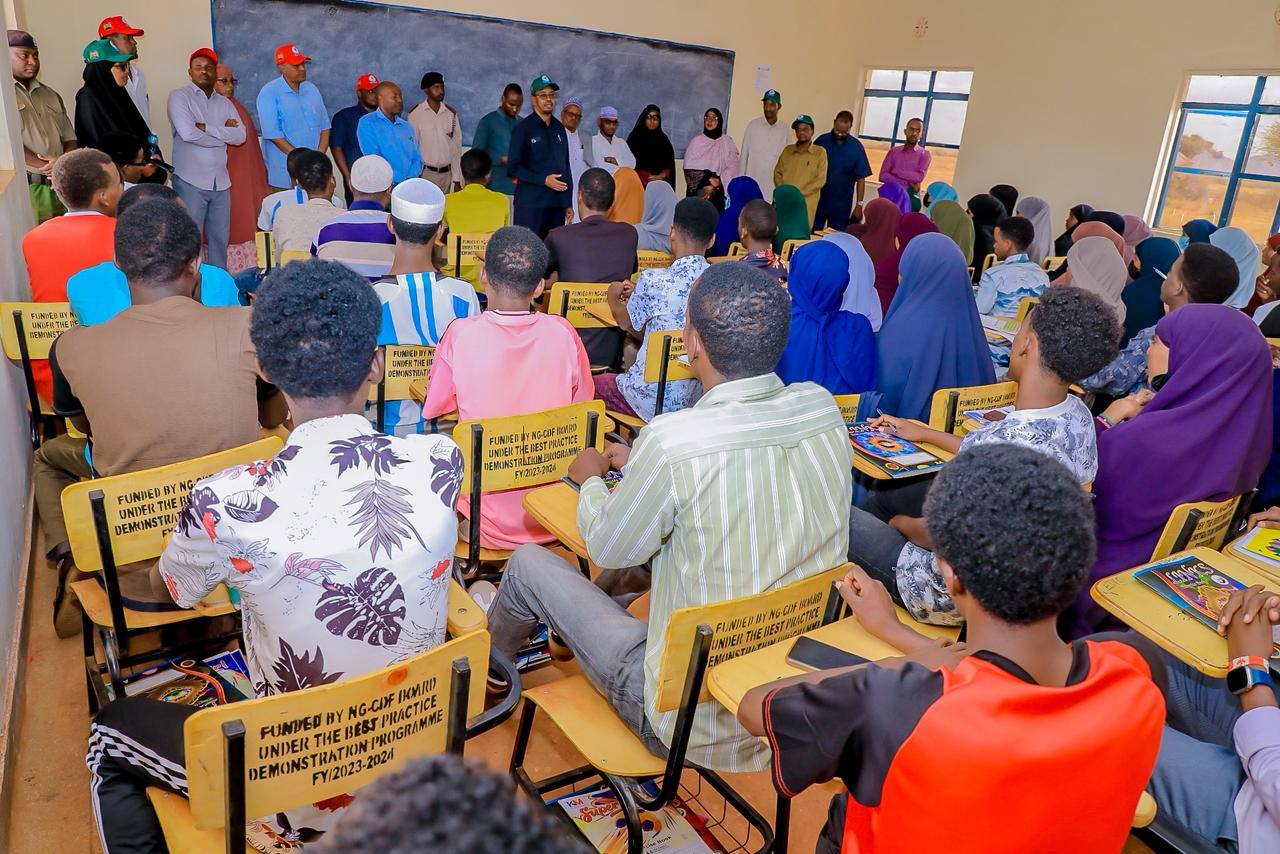The unveiling of the Eldas Teachers Training College board marks a significant step toward addressing the chronic teacher shortage in Northern Kenya. It reflects growing government and community commitment to education in a region long undermined by insecurity and neglect. With local leadership, policy reforms, and renewed investment, Wajir is positioning itself to train and retain homegrown teachers, reducing reliance on non-local staff. MP Adan Keynan’s role underscores how political will and CDF funding can drive lasting impact. The initiative blends hope, empowerment, and resilience — signaling that education, once a casualty of conflict, is becoming the region’s cornerstone of progress.

Roble congratulated the new board members and urged them to demonstrate leadership and integrity to ensure the success of the young institution.
GOVERNMENT efforts to address the acute shortage of teachers in Wajir county have received a major boost following the constitution and unveiling of the Eldas Teachers Training College board.
The Ministry of Education team, led by regional director of education Adan Roble and county director of education Korio Hussein, presided over the inauguration ceremony attended by senior education officials and community leaders.
“I want to especially appreciate the area MP Hon Adan Keynan for his steadfast support and investment in education,” he said.
“Through the CDF kitty, we can now see tangible results. This college will play a critical role in addressing the teacher shortage not just in Wajir but across the entire region.”
Keynan, who championed the establishment of the institution, described the unveiling of the board as a “significant milestone” toward fully operationalising the college, which already has 100 students enrolled.
“This development reflects our shared commitment to nurturing excellence, bridging the chronic teacher shortage, and offering our youth access to professional training closer to home,” he said.

He added that the college represents more than just an academic institution—it stands as a beacon of opportunity, local employment, and regional transformation.
“This is more than an institutional milestone; it’s a landmark pedestal upon which dreams will be shaped, talents refined, and aspirations realised,” Keynan said.
“Through education, we’re unlocking human potential and laying a sustainable foundation for long-term growth and empowerment.”
For more than a decade, the region—comprising Garissa, Wajir, and Mandera counties—has grappled with a shortage of local teachers, relying heavily on non-local educators.
Many left after al Shabaab militants carried out deadly attacks targeting teachers, including the 2014 Mandera bus attack, which killed 28 teachers, and the Garissa University attack, which claimed 148 lives.

These security threats caused
thousands of teachers to flee, leaving the Teachers Service Commission unable to replace them. However,
the tide is beginning to turn with the construction of new teachers training colleges across the region and policy reforms that now allow students with a C plain to join the teaching profession.
Speaking later in Garissa during a resource mobilisation
event for victims of the recent Sug-Mugdi
fire tragedy, attended by Deputy
President Kithure Kindiki, MP Keynan reflected on the region’s long
struggle with education.
He thanked President William Ruto’s government for demonstrating real
commitment to resolving the crisis and improving security in Northern Kenya.
“By securing our region and investing in education, the government is bridging decades of neglect and giving our youth a real chance at a brighter future,” Keynan said.
INSTANT ANALYSIS












